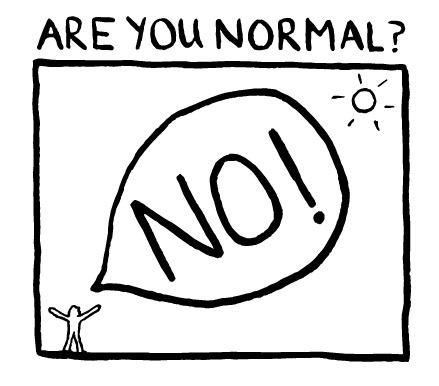Sometimes my lessons would not fit nicely into a block of an hour and the three parts would be extended over a series of lessons. These were lessons that generally involved some kind of project - that dreaded group work that I inflict on others but find difficult myself. In these lessons I would be the facilitator and not the teacher, I'd guide and answer the questions, but the learning and teaching would be done by the pupils themselves. These lessons were at their best when I could leave them to it and dream..... Again though, these lessons took the pupils on a journey where from the same base thinking they came up with something beautiful and often very creative, taking the mathematical journey to different stages and arriving at different places. These were the lessons I tended to enjoy most as I watched the learning unfolding before my eyes.
I've brought a lot of my experience from teaching into ministry. Only a couple of times have I had people say that I sound a bit like a teacher - perhaps when I am getting people to be quiet or when I get people to write stuff down. One of the things that I often have said to me, particularly after a worship service, is 'you put a lot into that' - mostly not in a bad way (like information overload) but in a 'you put a lot of effort into that' kind of way.
I've just finished reading 'The Art of Curating Worship' by Mark Pierson. I wrote a post about it a while ago (it takes me a long time to read any kind of Christian book I'm not reading for college or in preparation for something). What attracted me to this book was the idea of worship leader as curator - it resonated with what I saw as my role in the classroom as more of a facilitator whenever it was possible. Pierson talks of the planning that goes into any worship event, the journey that people are taken on and how the aims of the service should not only be reflected in the preachy bit but throughout the whole event.... and for me.... this feels right.
So this is why when I am thinking about and planning worship I become absorbed in the event throughout the whole of the week preceding, why it might appear that I put a lot into it (most of the time the ideas are formed when I am doing other stuff, it's just gathering it together). I try and put as much thought into the whole journey (which should continue after the blessing has been said) as I do the sermon. Pierson suggests that planning an act of worship needs to take serious thought and time.... when balancing life sometimes it's difficult to do that... but to honour God, perhaps that time needs to be taken..... the effort is most definitely worth it.
Interestingly Pierson also says that number 37 of his list of things the church he is part of must be and do is 'party well'. I like that. We should have more parties as church, it's part of our journey of knowing and loving one another (and I love good parties, they are excellent fun).


